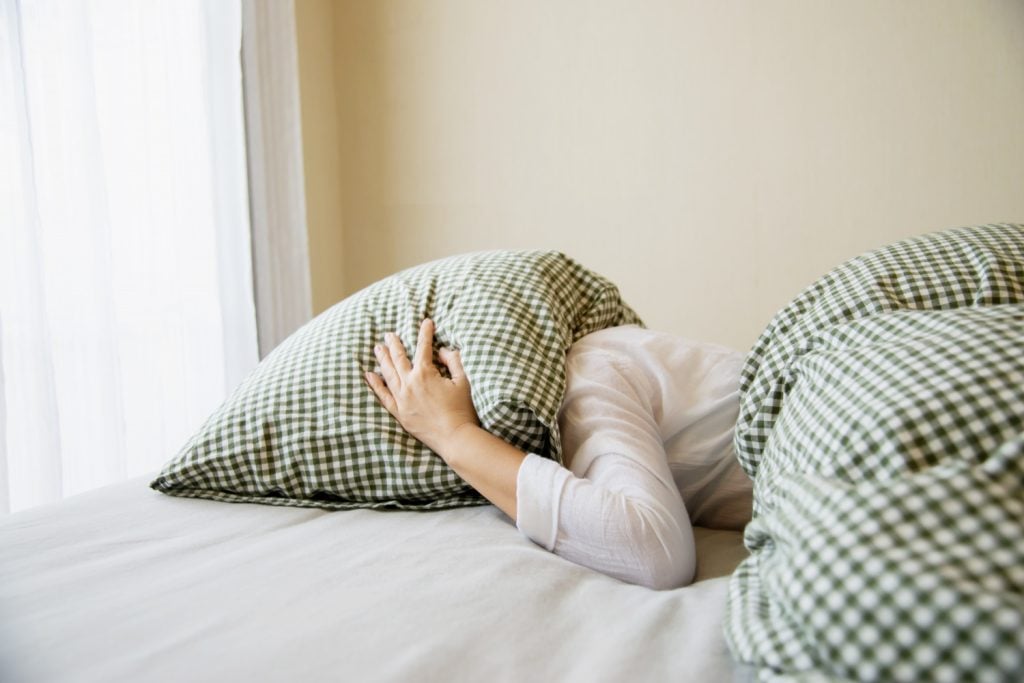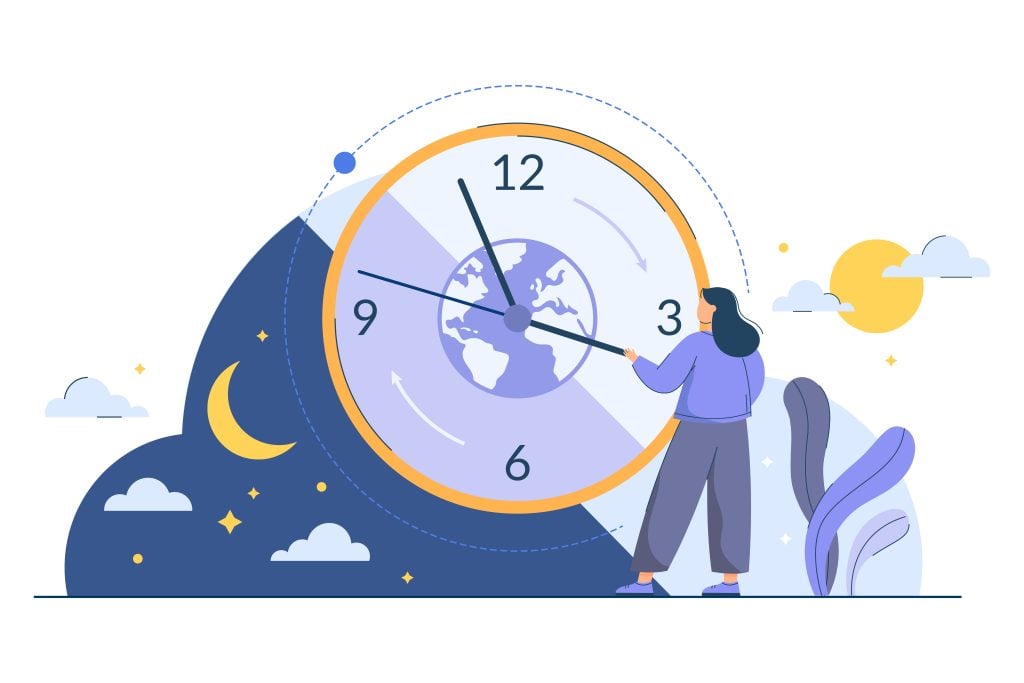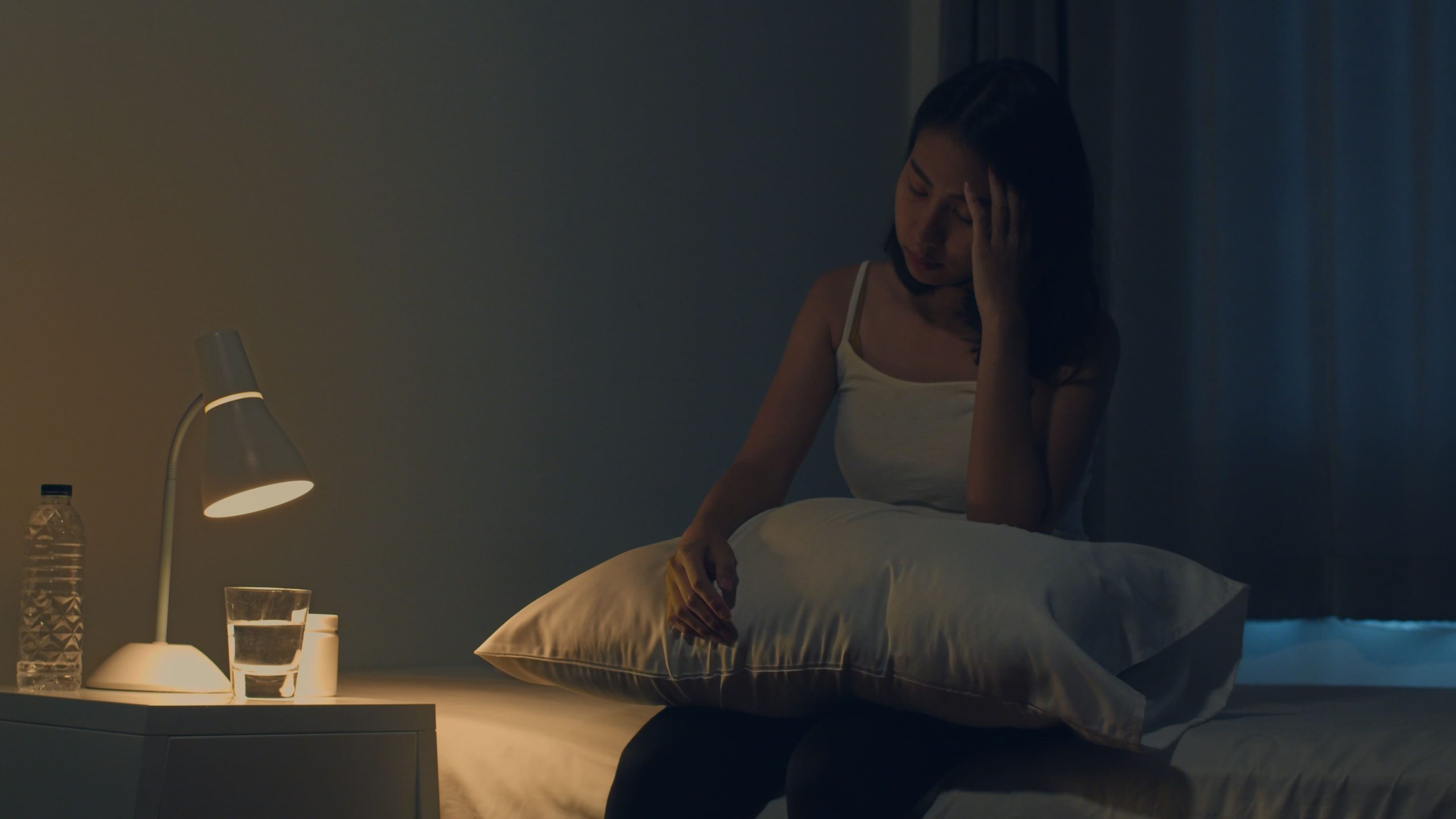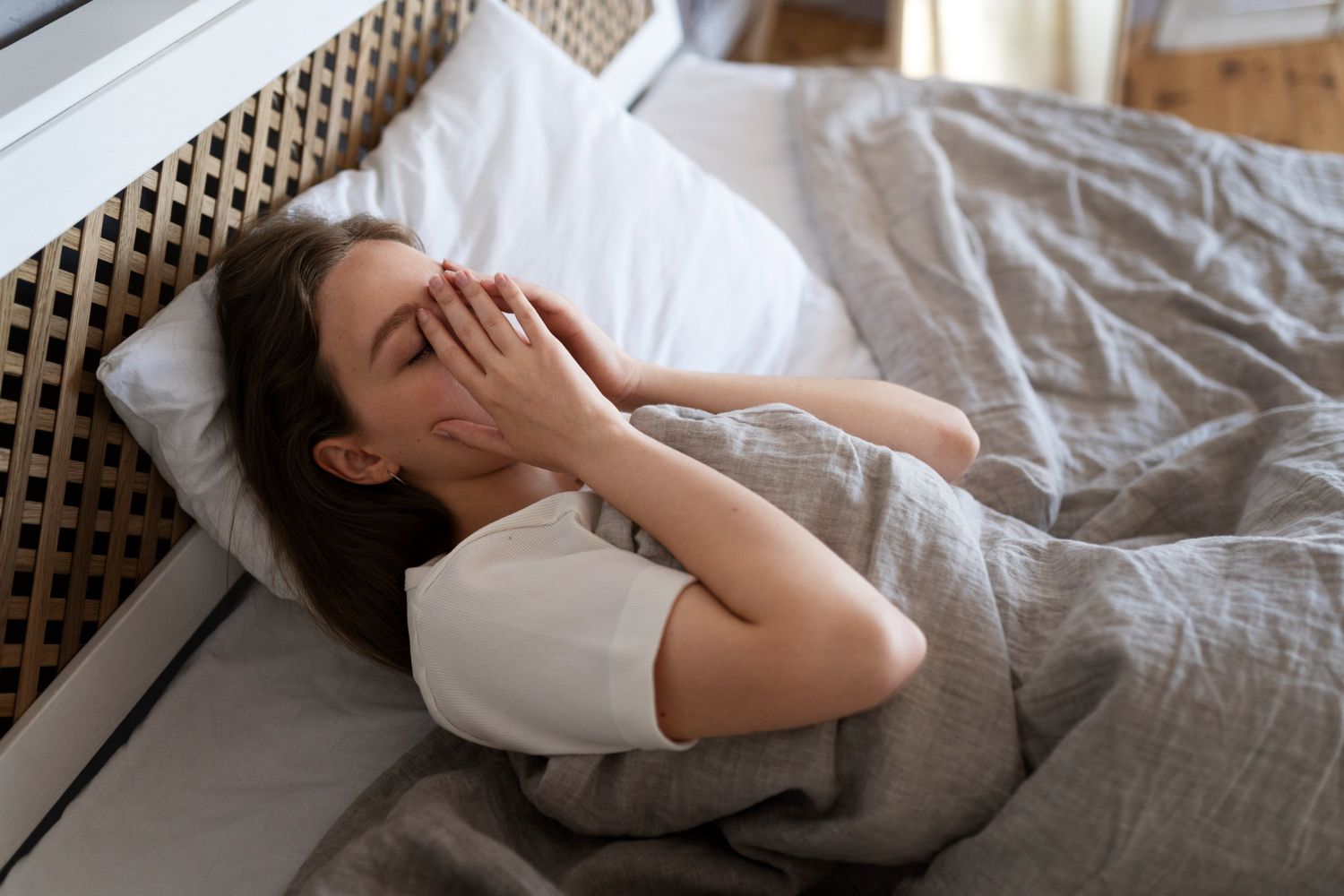Why It Happens and What to Do About It
You know when you come home after a really long and exhausting day? You tell yourself you’re going straight to bed but have trouble falling asleep once you wash up and lie down. Then you wonder, “Why can’t I sleep even though I’m tired?” It has to do with the science of sleep, such as sleep pressure.
1. Tired and Sleepy
According to science, ‘tired’ and ‘sleepy’ are entirely different concepts. If being mentally exhausted is called tired, being sleepy is an irresistible need. So where and why does this need to sleep come from?
The need to sleep is mainly attributed to two typical factors in sleep science. Sleep pressure and circadian rhythm. Some of you might be unfamiliar with this concept, but once you know, you’ll have the formula for the perfect night’s sleep, so please stay tuned until the end!
11 Ways to wake up Early in the Morning
2. Sleep pressure

Image by freepik – jcomp
First, ‘sleep pressure’ can be thought of as the pressure to sleep that gradually builds during the day while awake. According to the principles of sleep pressure, the earlier you wake up and the later you sleep, the sleepier you will be. But the later you wake up and try to sleep, the less tired you will be. Well, duh, right? Some of you may be thinking, “No kidding, Sherlock.” But hold on, there’s a reason behind all this.
This so-called ‘pressure’ is felt by a sleeping pressure substance called ‘adenosine’. You can think of it as a substance that builds fatigue in the brain. While awake, adenosine keeps building up in the brain, and while asleep, adenosine is cleared up in the brain. So the longer we’re awake, the more pressure we feel to fall a sleep due to the built-up adenosine, which results in sleepiness.
To sum it up, built-up adenosine triggers the need for sleep, and this desire is called “sleep pressure.”
Hence the question, “But if built-up adenosine increases the need for sleep, why can’t I fall asleep right away?!” That’s because sleep pressure isn’t the only way to fall asleep! Now, there’s also this thing called the circadian rhythm. And the combination of the circadian rhythm and sleep pressure is what makes us really sleepy.
3. Circadian Rhythm

Image by freepik- redgreystock
The circadian rhythm is a biological clock that operates on a 24-hour basis. All the elements in our body can work in harmony thanks to our biological clock. Our internal clock releases serotonin hormones when it receives light, signaling the body to wake up. When it gets dark, it releases melatonin and signals the body to fall asleep.
Therefore, having your circadian rhythm in sync with your sleep pressure is essential for a good night’s sleep. When your biological clock produces melatonin and signals the body to rest, that is when you need to sleep! (If you take a look at this graph) Right here, when the sleep pressure is at its peak and the circadian rhythm is at its lowest.
People have trouble falling asleep when the circadian rhythm is out of sync. There could be many reasons why the circadian rhythm is disrupted. You might not have gotten enough sleep and have adenosine accumulated in your brain. You might’ve even suppressed adenosine with caffeine and caused your body’s internal clock to go out of sync! These are all the reasons why the graph gets distorted, making it hard for you to fall asleep.
I’ll give you an example to help you understand the graph easier. I’m sure you’ve all had the experience of pulling an all-nighter. It feels pretty tolerable until that midday drowsiness hits you like a wave, and all your energy and drive suddenly disappear. That’s a sign that your sleep pressure and circadian rhythm are off!
Alarm app for correct sleep cycle – Download Alarmy
So to conclude, you know what they say! Rise with the sun and sleep when it’s dark… Without staring at your phone, of course. In our next video, we’ll explain further about using your circadian rhythm and sleep pressure to your advantage for a better night’s sleep.



